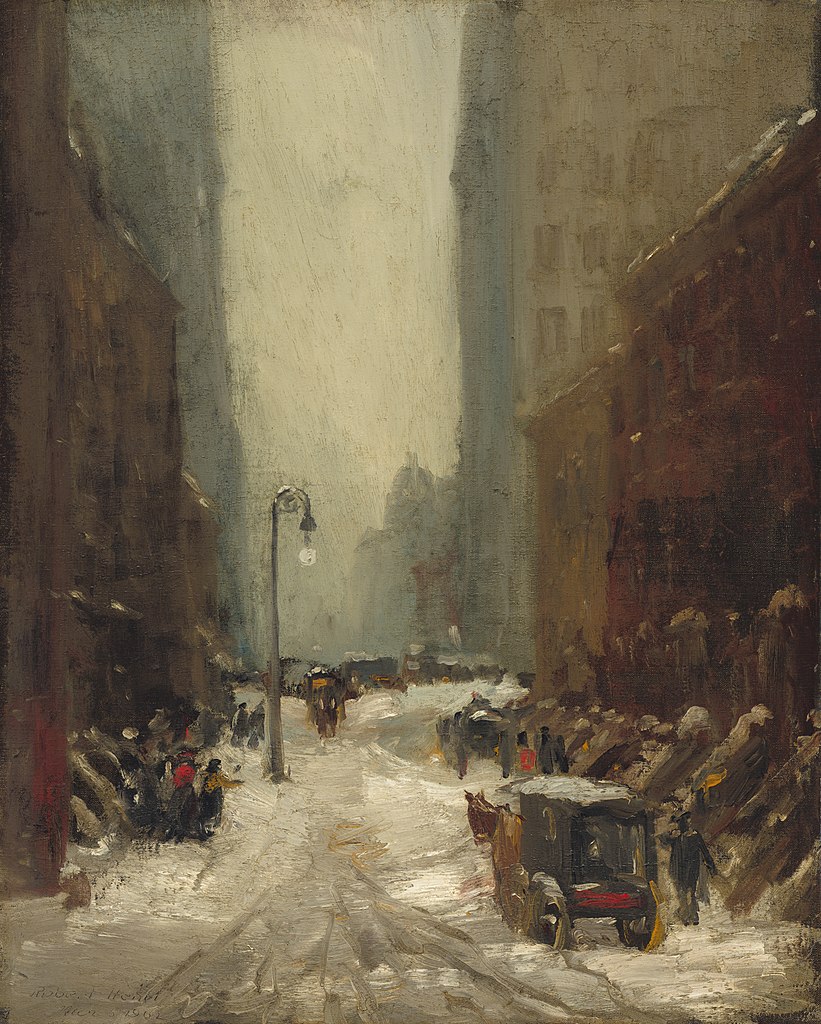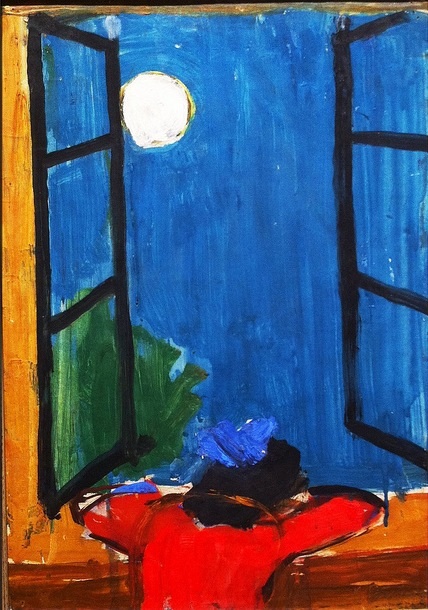The night the bat flew in was the tipping point.
The tar paper stapled to the wood-framed maw of my shack
came away on a windy winter’s night in Upstate NY.
The bat, sensing no difference between the dark inside me and out,
flew in, settled upside down in its new cave.
It was a homesteading year for me and my young son,
a way to keep him with me and our extended family,
working the land, plenty to eat, little money.
I milked cows, harvested honey from the bees,
stayed awake all night with the birthing sows,
watching that they didn’t roll over on their babies.
I fed the chickens, the horses, the cows, the pigs,
jammed the pick through the ice in -40 degree winters
to get water for the livestock,
slept in coat and hat and burned green pine
in the wood stove; burned anything I could get my hands on
til the chimney caught fire from the creosote.
I named my shack “Sadness.”
I did nothing well enough to feel proud;
I worked hard but felt no connection to my tasks,
no love for the animals or myself.
Everything was a burden, a weight filling my stomach,
a confirmation of failure.
I couldn’t adjust to this life and its demands.
Every day was winter.
I want to go back to the minute
before the bat flew into my house.
I sat in darkness with the bat.
I sat, thinking of the irony of yearning for the routine I hated -
the milking, the mucking out, the infinity of farm life -
yearning for the familiar misery of it.
I watched my son, sleeping in his crib,
unaware of the little drama around him.
I opened the door and shone the flashlight til I found the bat on a cross-beam.
I stood on a chair and threw a blanket over it,
trembling that it would escape, would settle again,
too high for me to reach.
The bat fluttered as I held tight.
I walked away from the shack,
unfolded a corner of the blanket and ran back inside.
In the morning, I climbed high on a ladder
and, with a staple gun, tacked the tar paper back to the wood frame.
I did it all in a state of numbness,
barely present, yet knowing
somewhere in my primitive brain,
that if I kept on,
kept on doing everything,
I would be transformed.
© Evie Safran, 2016
 |
Photograph of a Woman with a Hay Stack
from the NARA archives
Wikimedia Commons |






